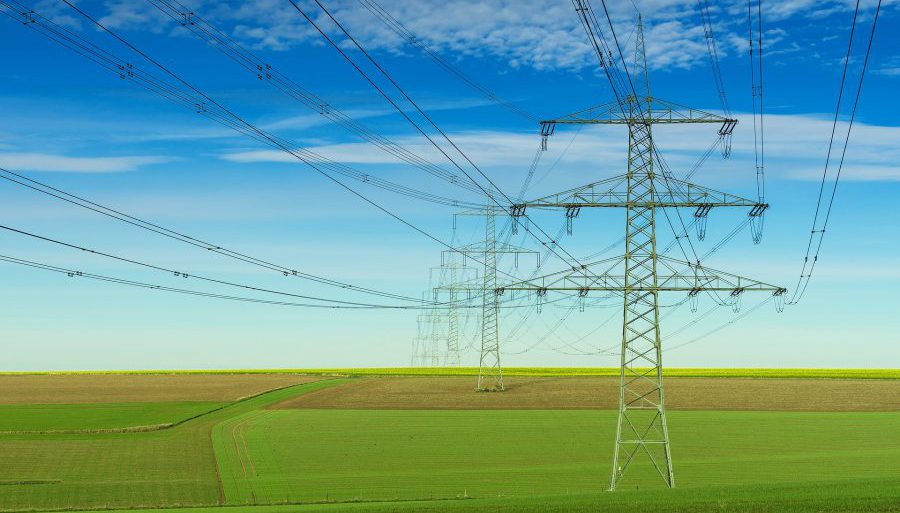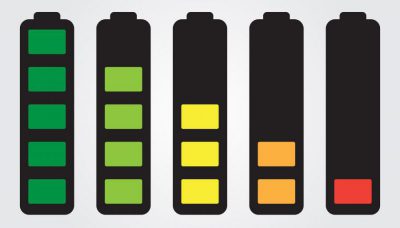When comparing battery-electric cars and fossil-fuel cars, a very important topic is the efficiency of the process used to generate the motion of the cars.
To compare the efficiencies of these processes, we will use a so-called well-to-wheel analysis. This way we take the total energy chain into account, so we are comparing fairly. The result of this analysis shows that battery-electric cars are more efficient than hydrogen fuel cell cars, which in turn are more efficient than fossil fuel cars.
Efficiency of fossil fuel cars
First, we look at the well-to-wheel efficiency of fossil fuel cars. This consists of the following efficiencies:
- Mining oil and refining it to diesel/petrol and transport via roads to gas stations with a combined efficiency of more than 85%,
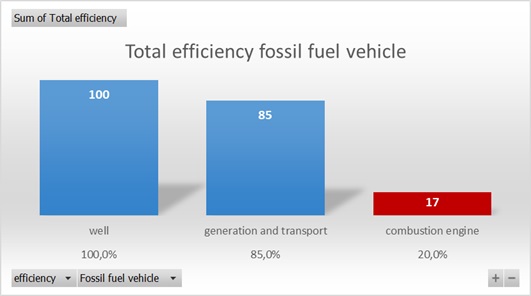
The total well-to-wheel efficiency of fossil fuel cars is 100% * 85% * ~20% = ~17%.
Efficiency of battery electric cars
For battery electric cars, the well-to-wheel efficiency consists of the efficiency:
- The electrical energy produced by power plants using fossil fuel (coal/methane) and renewable energy (wind, water, solar). This efficiency in Germany in 2020 is 52 %,
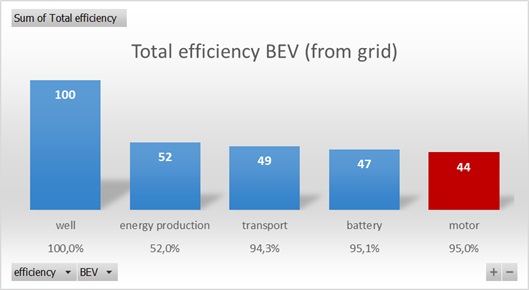
The total well-to-wheel efficiency (using electrical energy generated from coal) is 100% * 52% * 94.3% * 95% * 95% = ~44%. This is getting higher when using more renewable sources like wind, water, or solar energy.
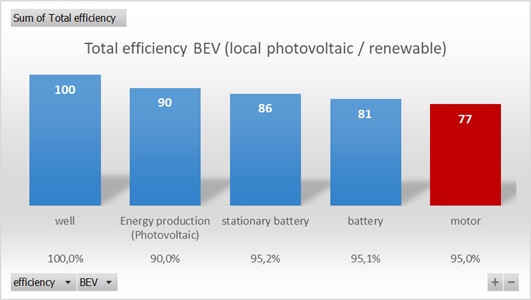
The total well-to-wheel efficiency of battery electric cars (using local photovoltaic installations and renewable sources) is 100% * 90% * 95% * 95% * 95% = ~77%.
Efficiency of hydrogen fuel cell cars
The well-to-wheel efficiency of hydrogen fuel cell cars consists of the efficiency of:
- Hydrogen generation with ‘steam methane reforming’ (SMR): ~70%. In 2019 >90 % of all hydrogen was generated this way.
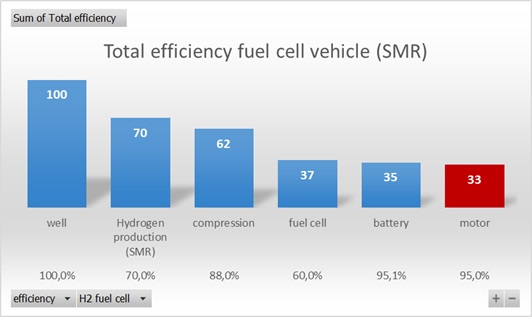
The total well-to-wheel efficiency (using SMR) is 70% * 88% * 60% * 95% * 95% = ~33%.
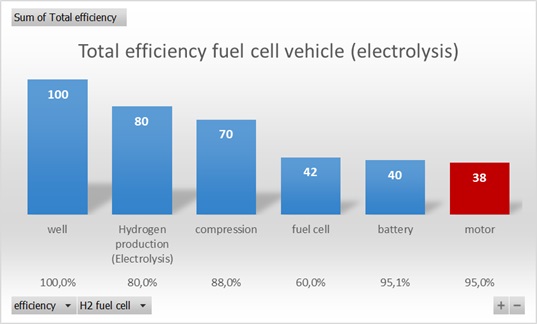
The total well-to-wheel efficiency of fuel cell cars (using electrolysis) is 80% * 88% * 60% * 95% * 95% = ~38%.
Conclusion
Battery electric cars are much more efficient than fossil fuel cars, even using the current electrical energy mix (In 2020 in Germany, 52% of the generated electricity was generated from renewable sources). When using local PV installations to charge the battery, this will get even better. Hydrogen fuel cell cars are less efficient than battery-electric cars even when using electrolysis, but are still almost double as efficient as fossil fuel cars, which have a relatively bad efficiency.
Battery electric cars are more than 2.5 times more efficient than fossil fuel cars (44% vs. 17%). Furthermore, if more green energy were used to charge batteries, all battery-electric cars would be greener at once. Fossil fuel cars however will stay the same over their complete lifetime.
This factor of 2.5 seems much, but it is not. When electrical energy is generated by burning fossil fuels, a power plant can do this much more efficiently, due to the larger scale and better catalytic possibilities than in a car. Actually, in fossil fuel cars, we are transporting a small but heavy and inefficient power plant. Catalytic converters are relatively expensive, so in cars where cost plays a large role, they will not be as good as in power plants. It would be better to burn diesel or petrol directly in power plants than in cars!
